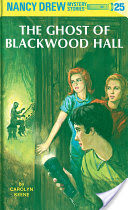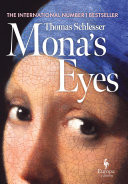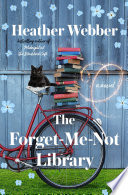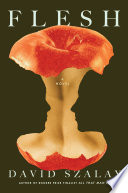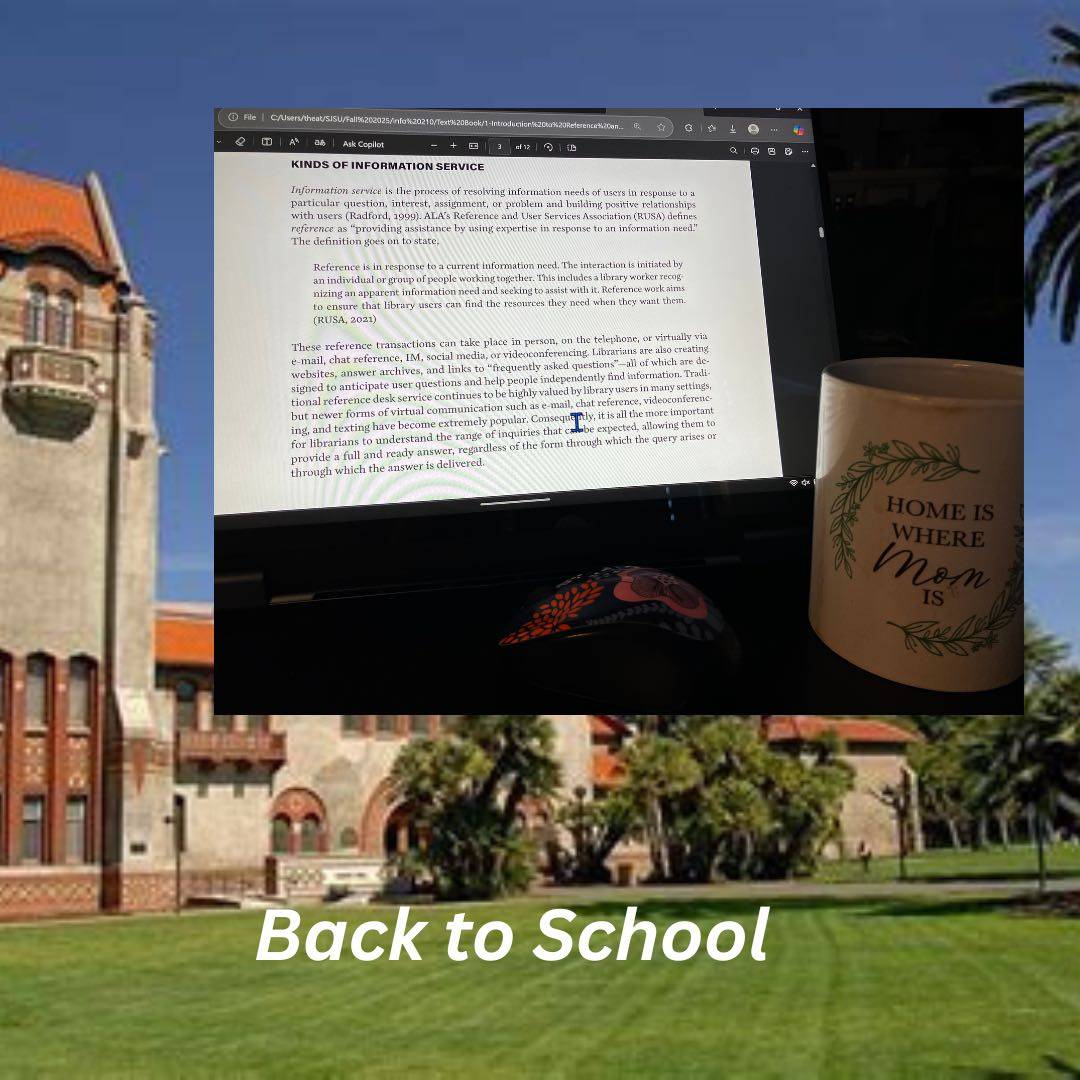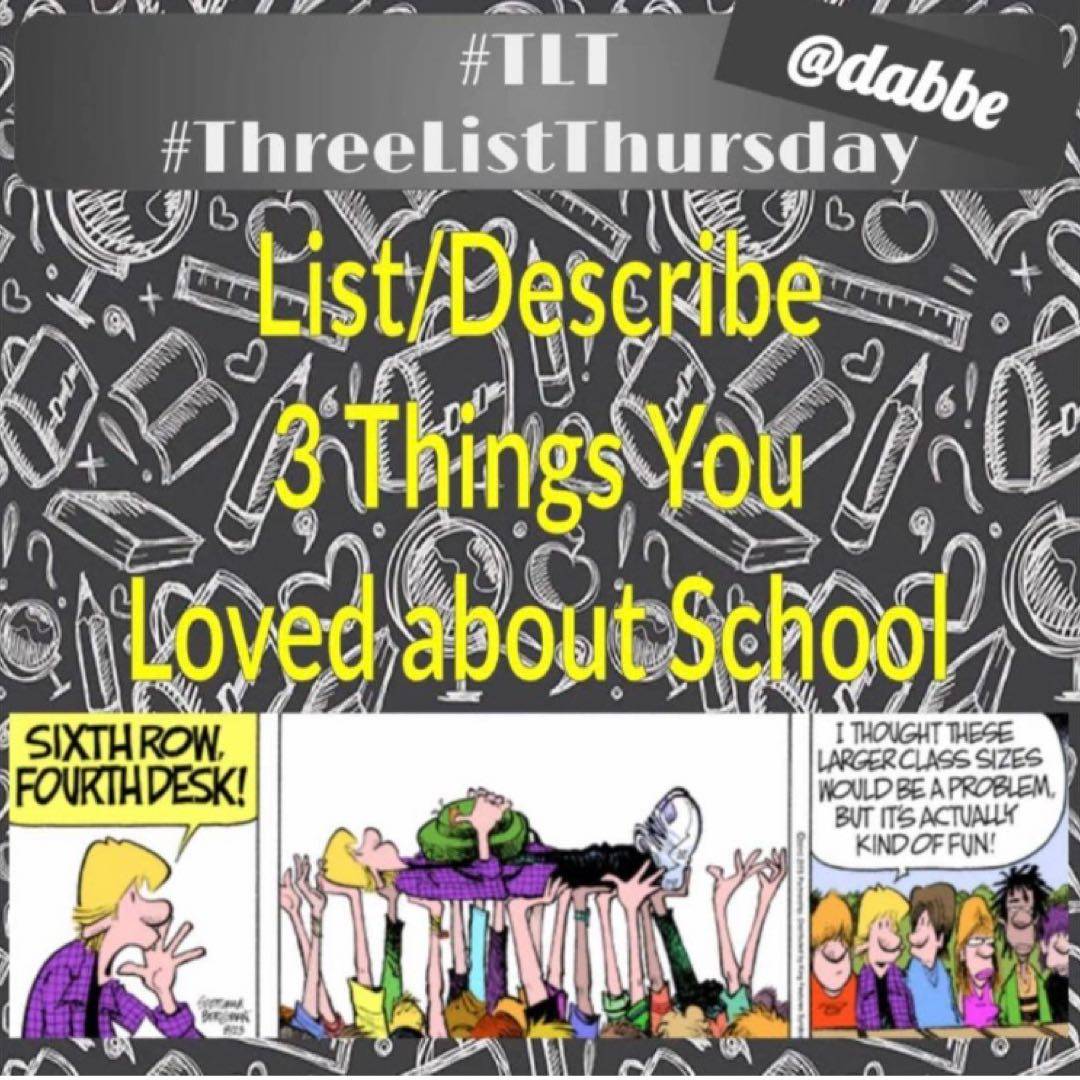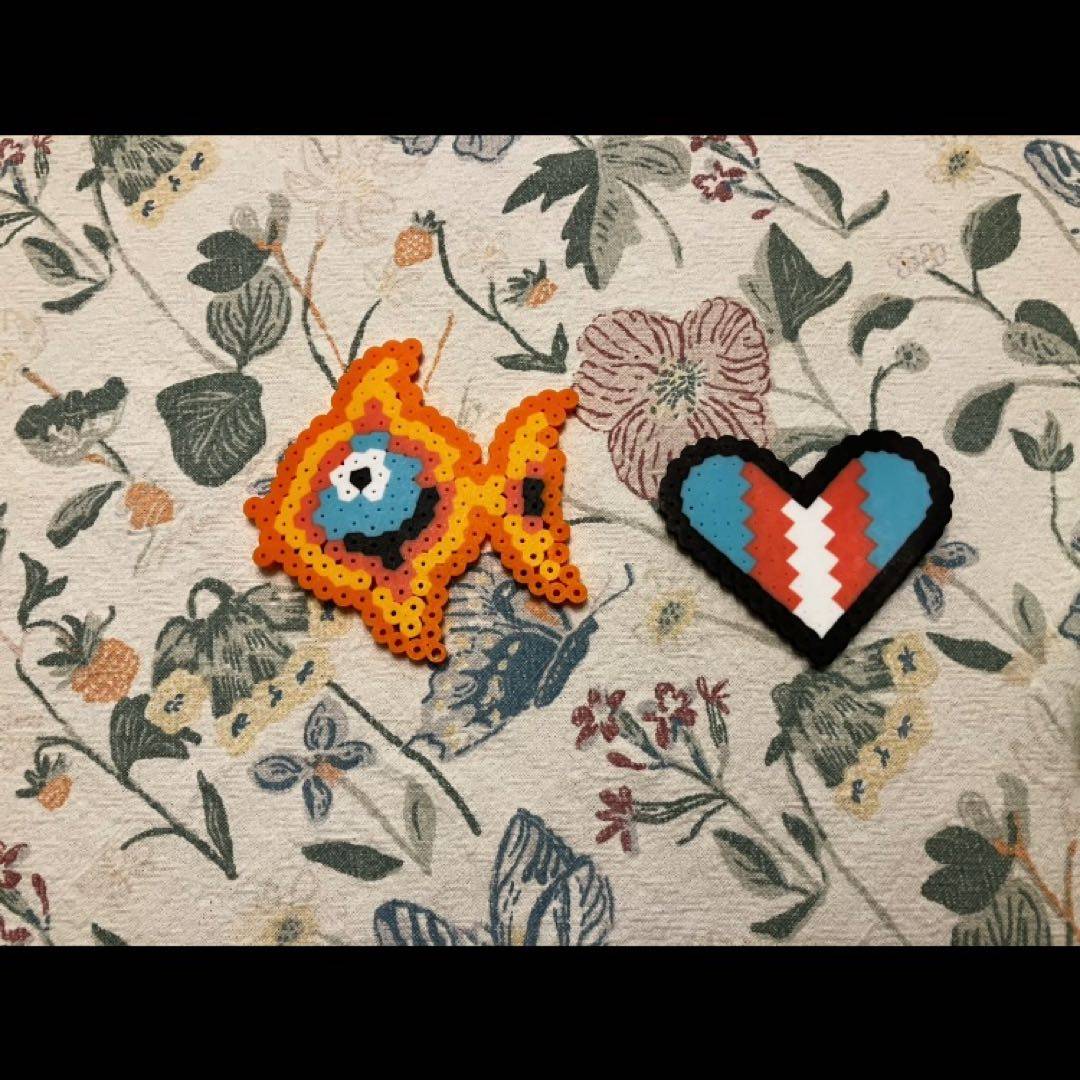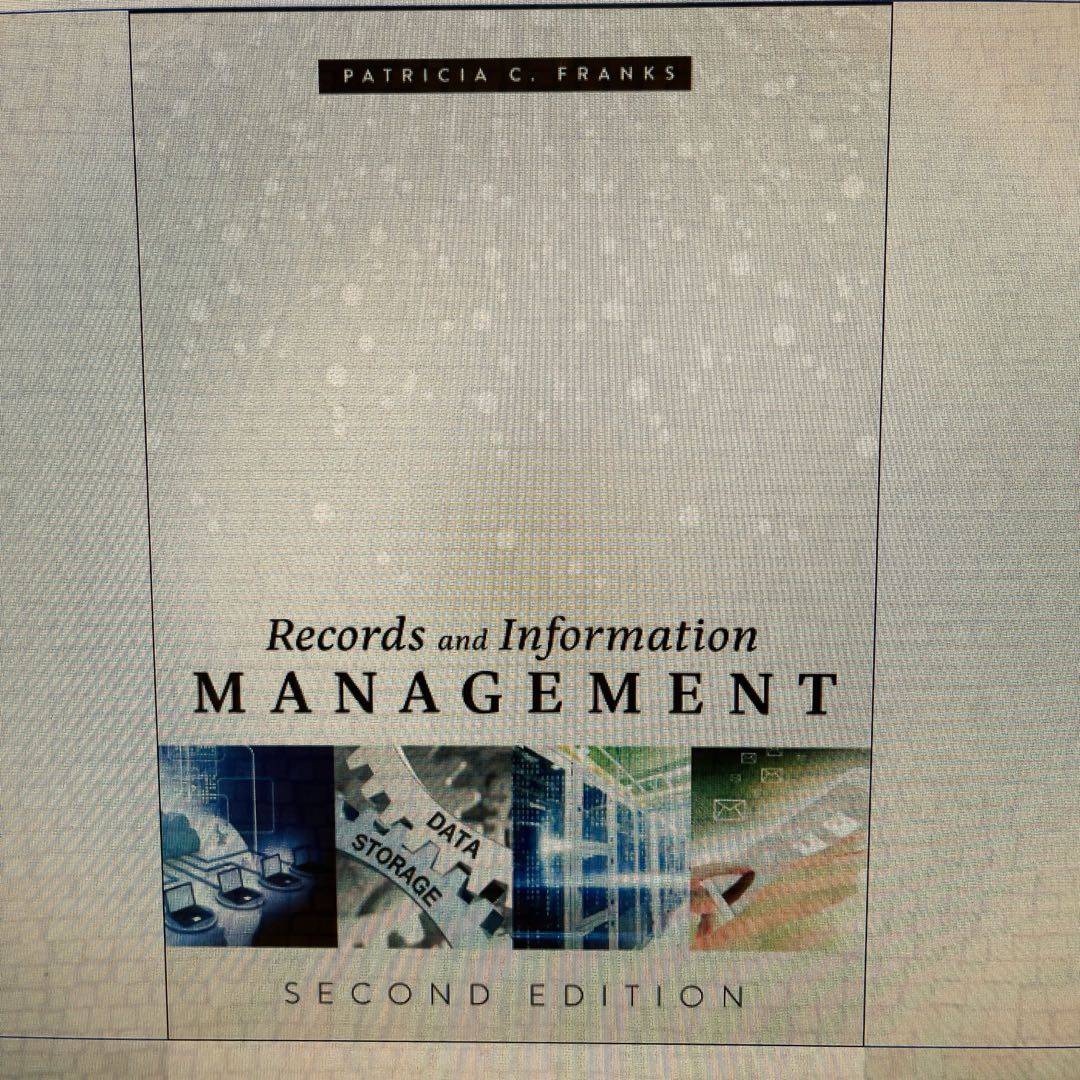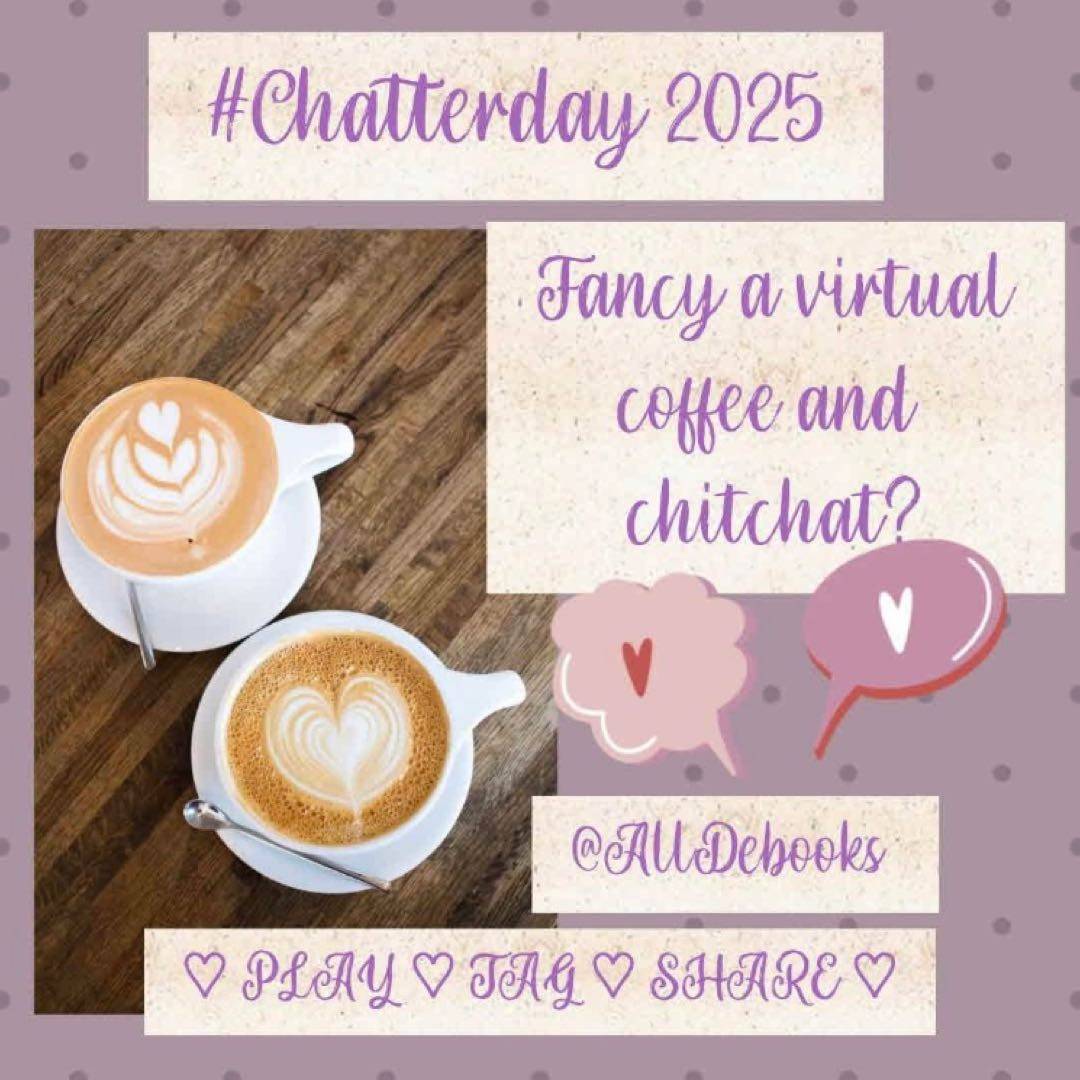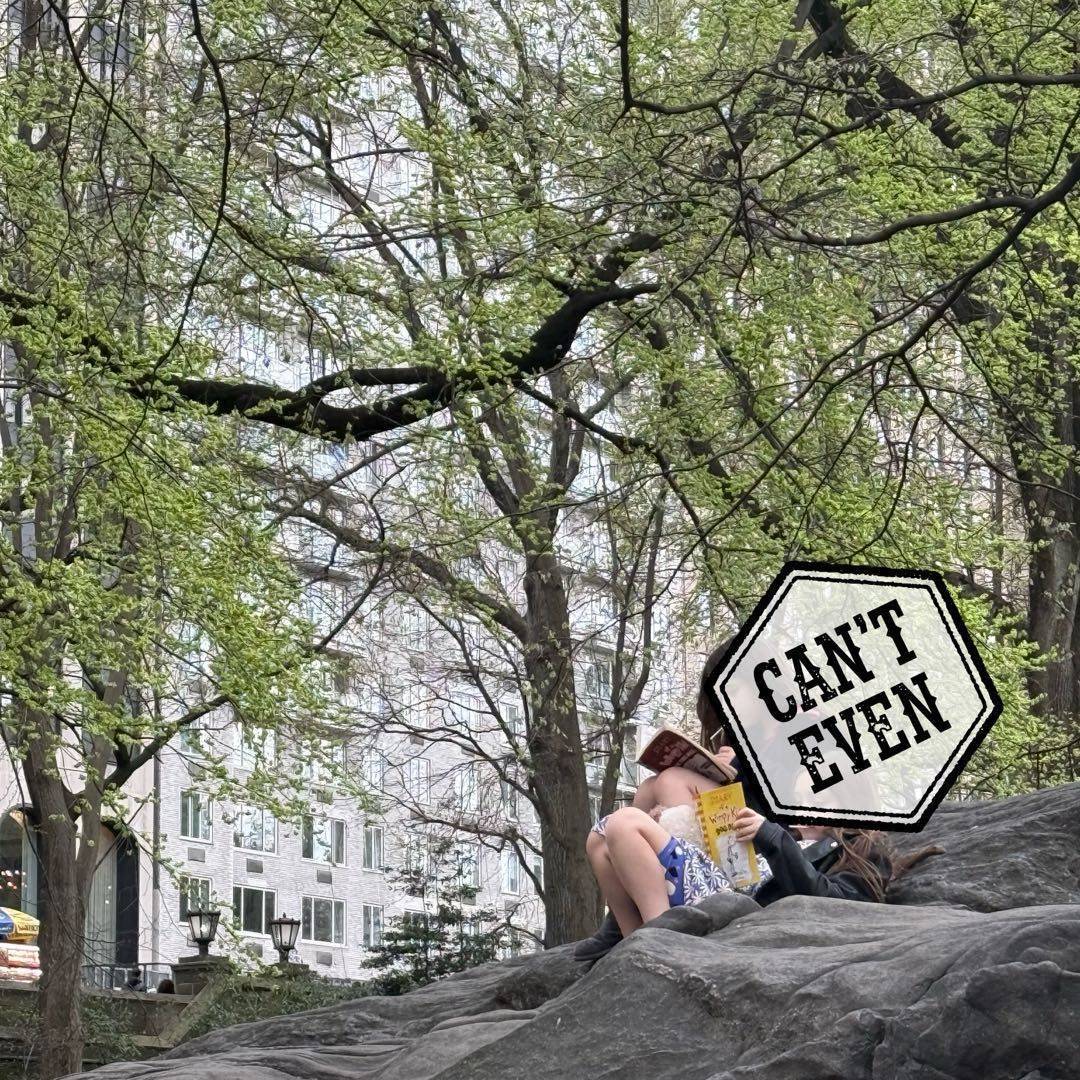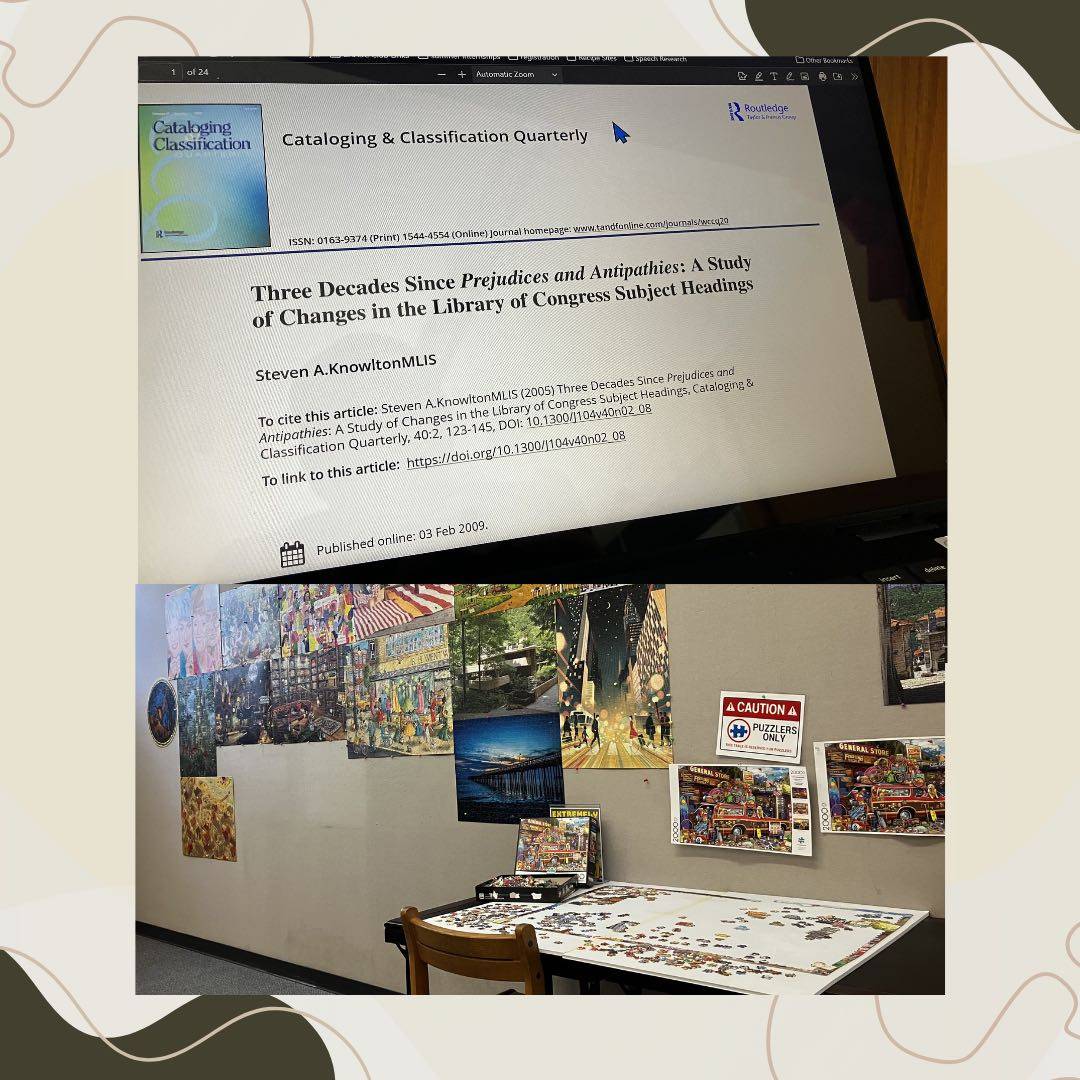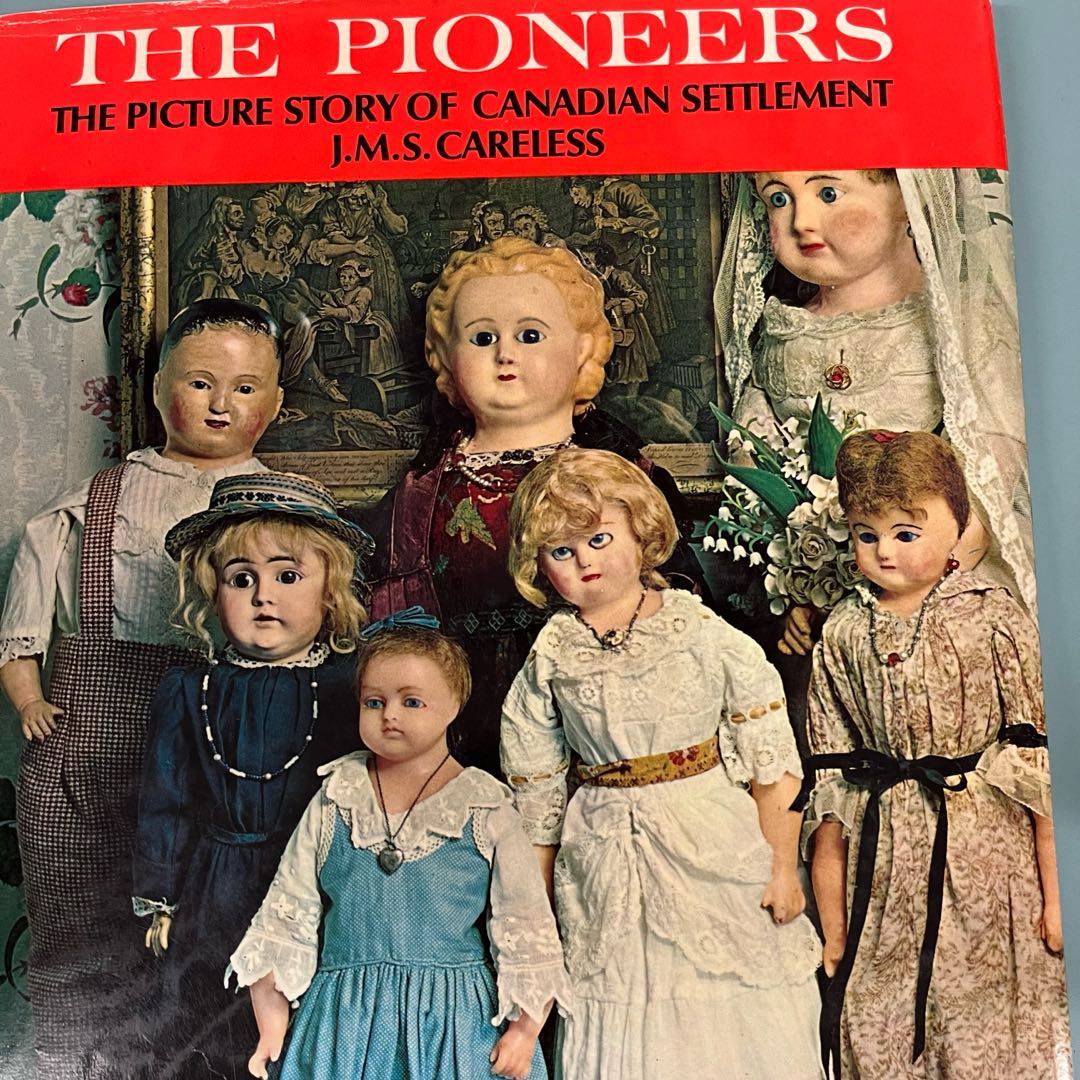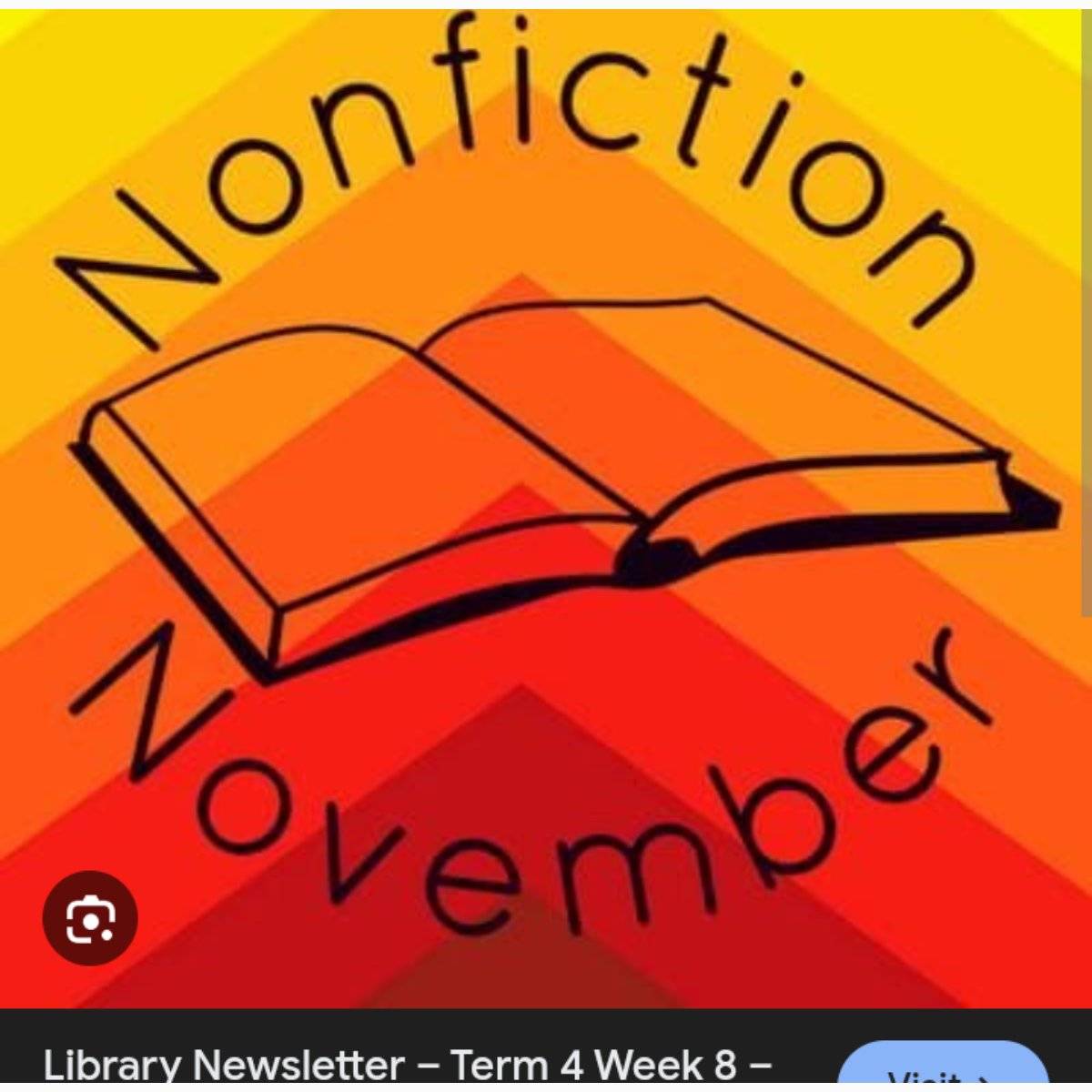
It's been a couple of years since I've participated in NF Nov, I'm going to attempt to do so this year. Here's my pile of possibilities. I will consider it a success if I read 3
*We Wish To Inform You That You Will Be Killed With Your Families
*Sacco: Palestine
*Dench: Shakespeare -The Man Who Pays the Rent
*Flanders -The Invention of Murder
*“When the Sea Came Alive: An Oral History of D-Day
*Feeding Ghosts
“Ducks-Beaton
*Keefe-Snakehead







